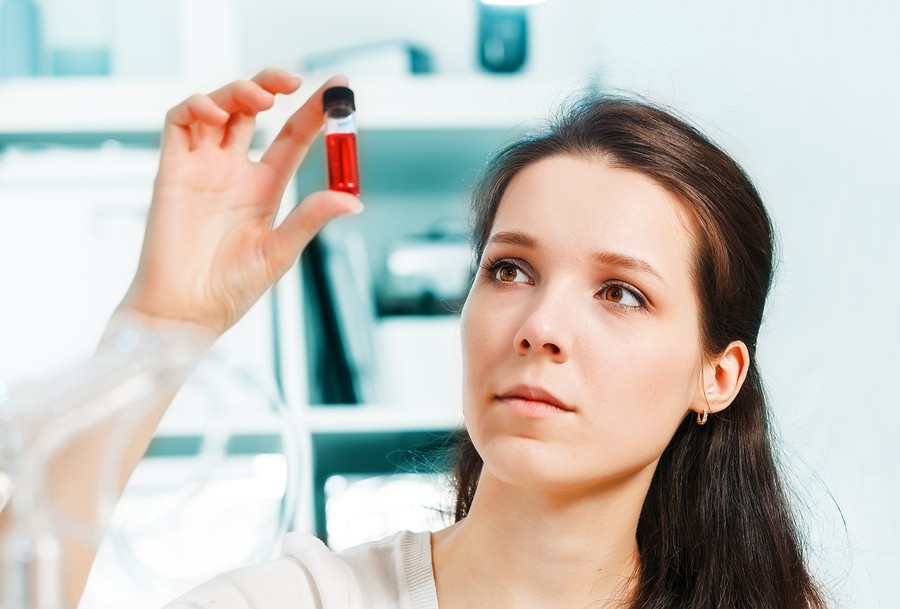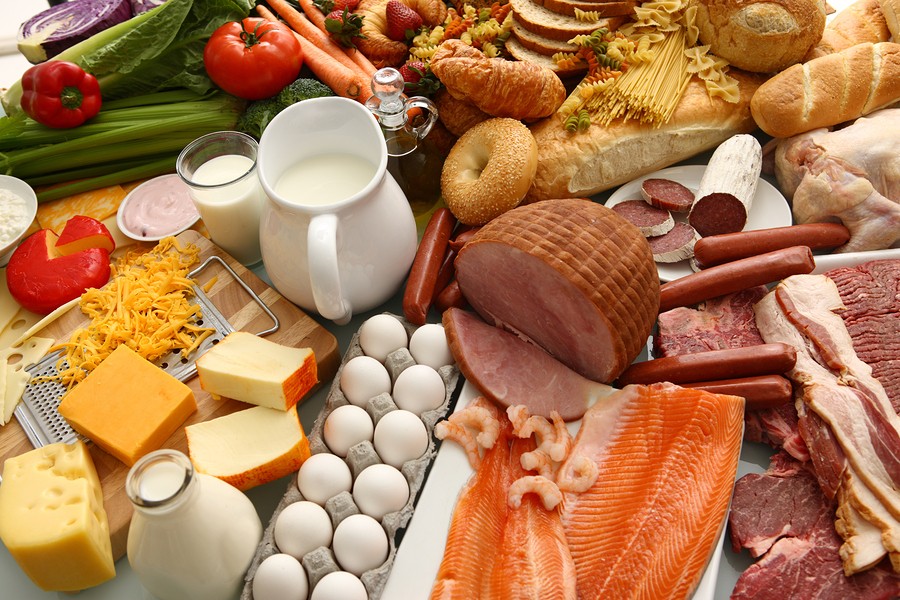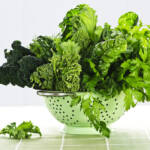The ABC’s of Vitamins: Niacin for Energy and a Healthy Tongue
Niacin, or vitamin B3, is a water-soluble vitamin that helps cells use oxygen and helps release energy from the food you eat, similar to the role of other B vitamins. Niacin helps maintain healthy skin and keeps your tongue healthy. It also helps maintain a healthy digestive and nervous system.

Foods rich in niacin include liver, meat, poultry, fish, peanuts, dried beans and peas, and whole-grain or enriched breads and cereals.
Niacin deficiency, although rare, can cause a smooth beefy red tongue. This is why a registered dietitian nutritionist might look inside your mouth during a nutrition physical. Niacin deficiency can also cause sensitivity to sunlight, poor appetite, irritability and possibly memory loss. Niacin deficiency rarely occurs without accompanying riboflavin (vitamin B2) and pyridoxine (vitamin B6) deficiency. Long-term niacin deficiency causes Pellagra, a term meaning rough skin, with symptoms classically described as the four Ds:
- Diarrhea
- Dermatitis – a scaly rash on the skin exposed to light or trauma
- Dementia or mental disorientation, delusion and depression
- Death
Research has shown pharmaceutical doses of niacin can improve cholesterol levels similar to statin drugs but most often it is used in combination with these drugs for better results. Due to the potential for side effects, including liver toxicity and skin flushing, medical supervision is recommended when using pharmaceutical doses of niacin as a cholesterol-lowering agent.
The best way to prevent niacin deficiency is by eating a balanced diet including a variety of foods from different sources. For those at risk for vitamin B deficiencies, taking a multivitamin and/or a B complex vitamin might be good assurance.
To see if supplements are right for you, schedule your personal nutrition consultation today and start getting sound nutrition advice.












